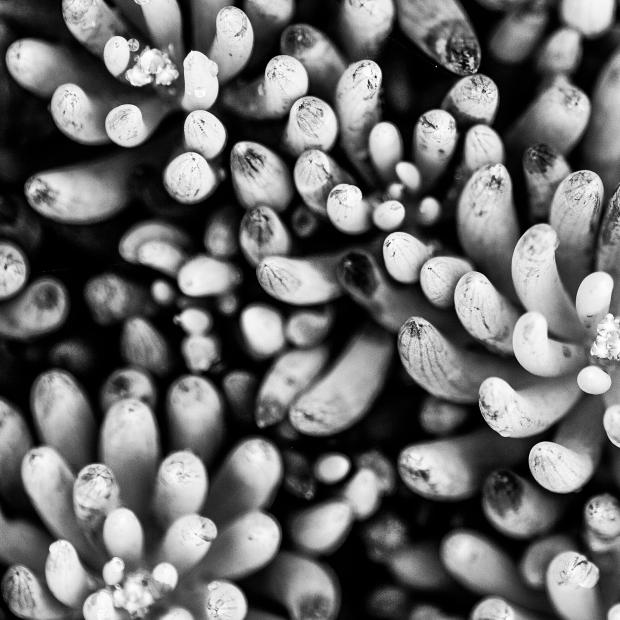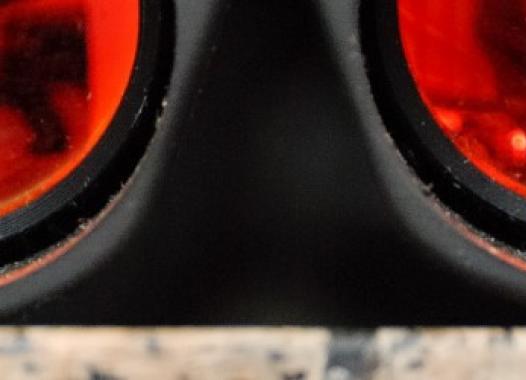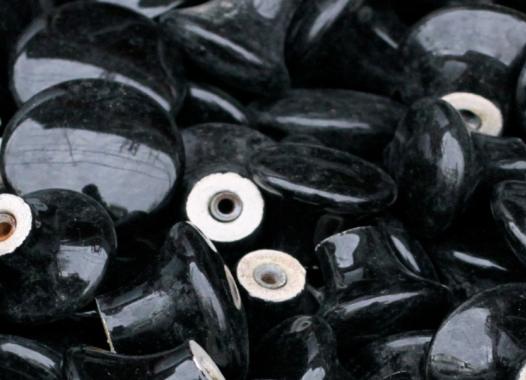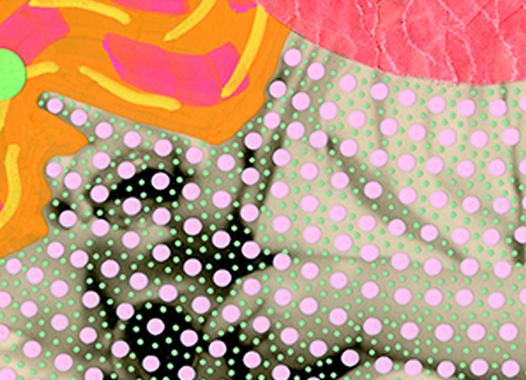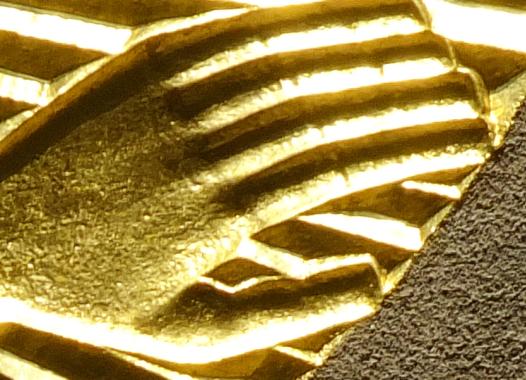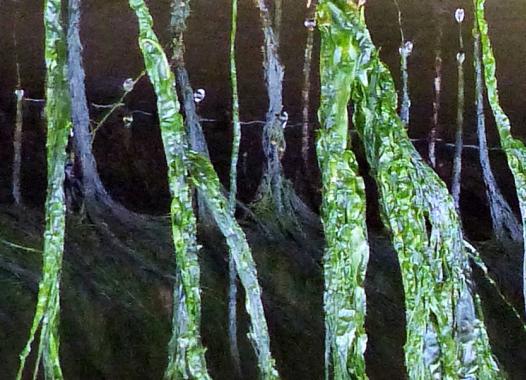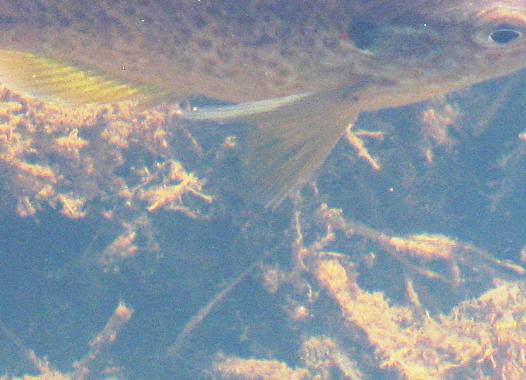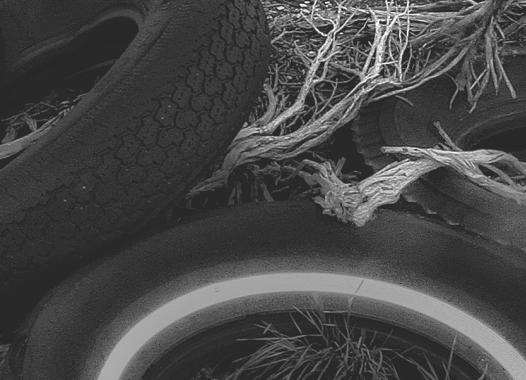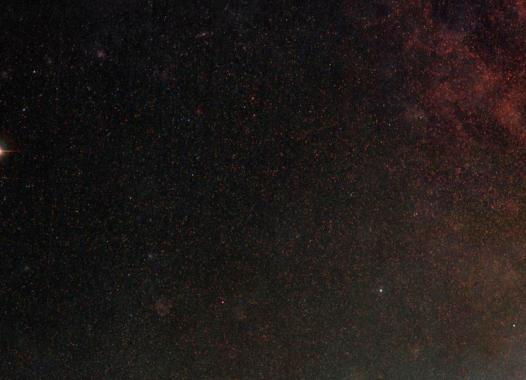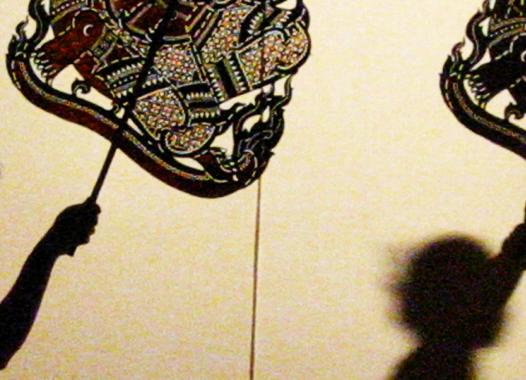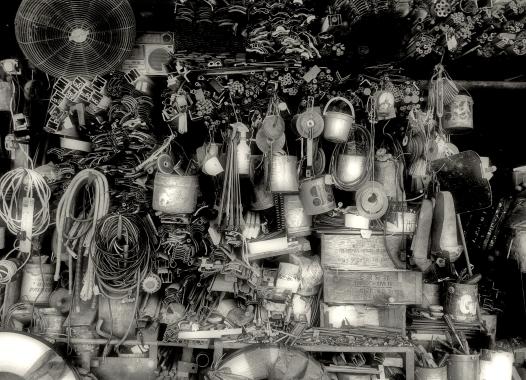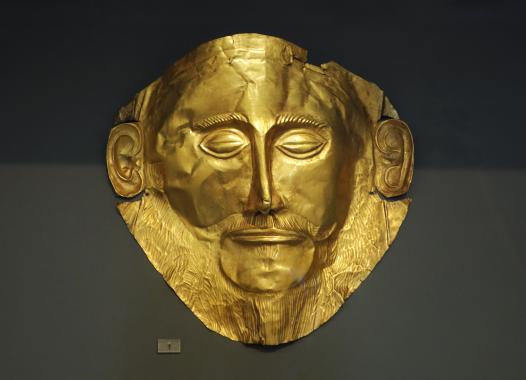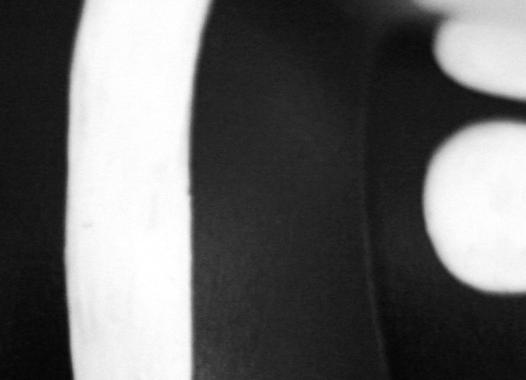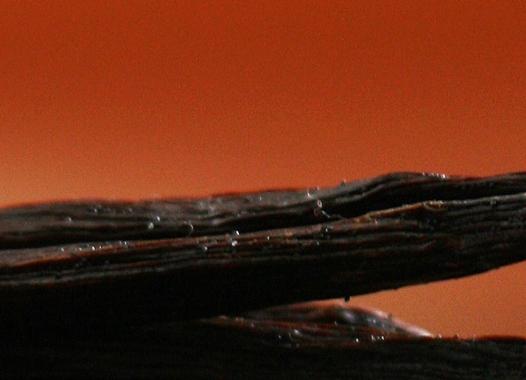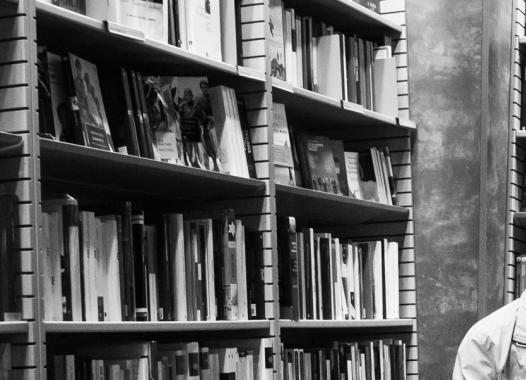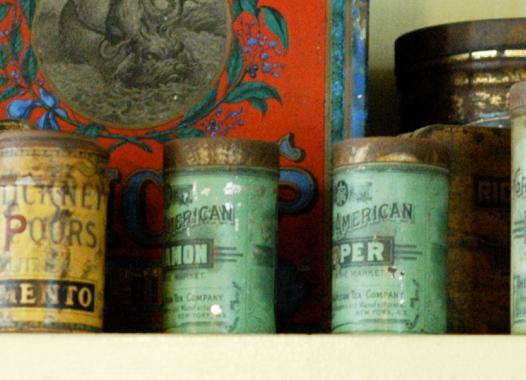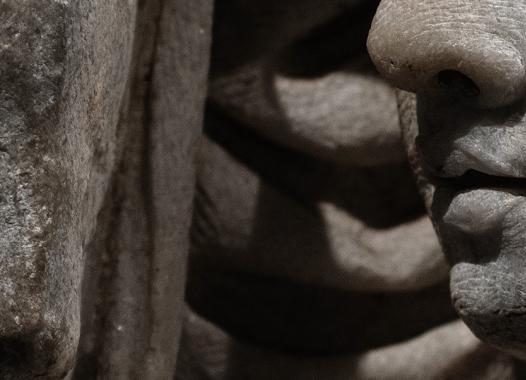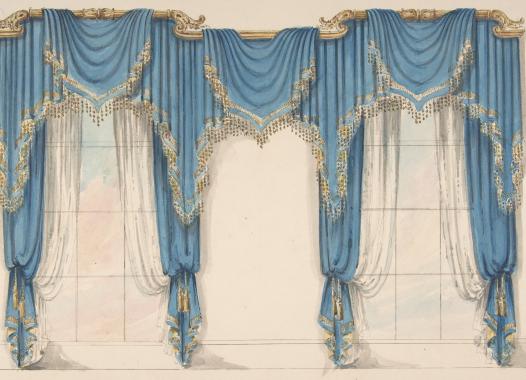
Join the colloquy
Thing Theory in Literary Studies
more
Nevertheless, "thing theory," a term that loosely bundles together a range of approaches to studying material culture, began to gain critical traction in literature departments in the early 2000s. It gave many literary scholars a new way of looking at old things. For some this included tracing the material histories of objects within books (Elaine Freedgood and John Plotz) or tracing the history of the book as material object (Leah Price and Peter Stallybrass). For others, it meant pondering the ways that language and narrative reorganize subject-object relations in the minds of readers (Bill Brown and Allan Hepburn). Not simply a way of tracking the fate of snuffboxes, stamp collections, and kaleidoscopes, thing theory allowed scholars to consider what our relationships to these items reveal.
By now, thing theory may seem to name an academic trend long past, but the expansion of object studies and various post-humanisms across disciplines suggests that it remains as relevant as ever. Many of the most urgent problems of the twenty-first century reveal an entanglement between humans and things. Climate change, biotechnology, intellectual property, drought and famine, even terrorism and war can hardly be discussed without addressing such entanglement. Recent work in affect theory, animal studies, and the environmental humanities (to name just a few contemporary approaches) shares a commitment to thinking of the human subject alongside the object world. This commitment produces deeply interdisciplinary work. Reading the objects in literature and the object of literature has always involved attention to modes of production, consumption, and perception. Earlier work in thing theory and literary studies borrowed methods from anthropology, archeology, and art history; now these disciplines are borrowing back. Anthropologists such as Anna Lowenhaupt Tsing (The Mushroom at the End of the World, 2015) and Kristin Peterson (Speculative Markets, 2014), art historians like Caroline A. Jones (The Global Work of Art, 2017) and Jennifer Roberts (Transporting Visions, 2014) and media archeologists like Johanna Drucker (Graphesis, 2014) and John Durham Peters (The Marvelous Clouds, 2015) provide rigorous accounts of materiality; they also attend to the narrative, meaning-making capacities of that materiality.
This Colloquy highlights innovative work situated at the intersection of literary and material culture studies. Weaving together insights from different periods and different disciplines, the scholars whose work is presented here study the particularity of things in order to address larger concerns. Literary things can make human desires, narrative forms, historical contexts, and patterns of circulation legible. New methods and approaches may be taking shape; the thing endures. But as scholars of the Anthropocene have made clear, just how long some of our most precious objects can endure still depends upon human stewardship or disregard. Thinking about the agency of things alongside our own has raised a series of ontological concerns that cross disciplinary boundaries. But literature, which can interrogate things as they are and as they might be, has the capacity to point in new directions. Many questions animate the conversation assembled here: what does it mean to "read" an object across disciplinary perspectives? How do literary movements (i.e. realism, postmodernism) and literary periods (i.e. Victorian, twentieth-century) stage things differently? Does thing theory entail close or surface reading: what is its relationship to post-critical methods and the descriptive turn? Can thing theory grant us access to narratives of exclusion, marginalization, and subjugation that might otherwise remain invisible? Is there an ethical or political danger in dissolving the subject-object divide? Where can the thing lead us today? What stories does it have left to tell?
